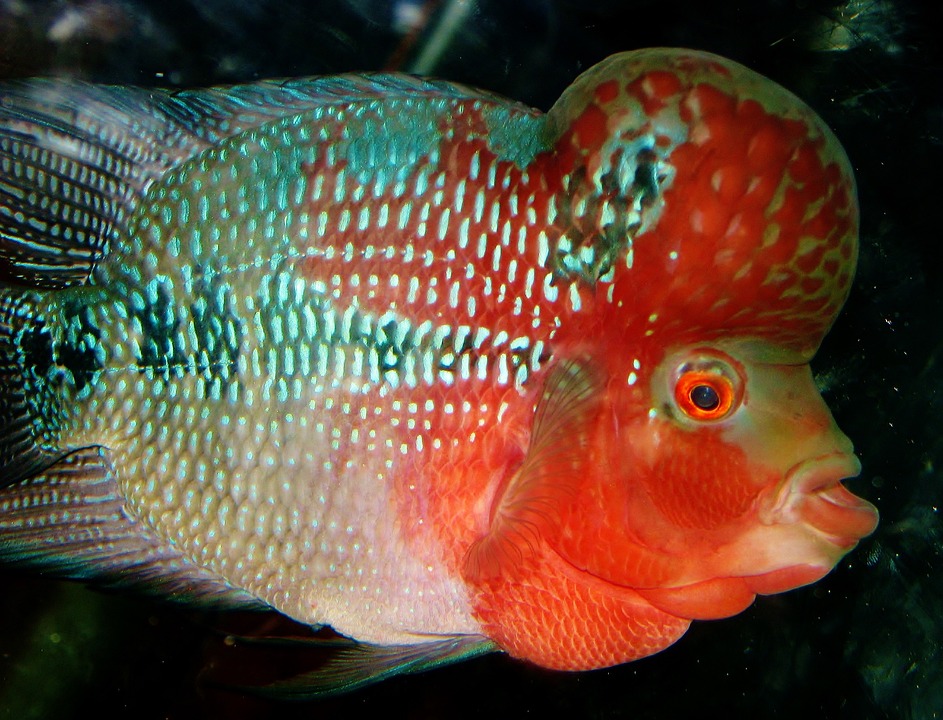Kamala Harris, the Vice President and now presumptive Democratic presidential nominee, hails from California, the nation’s leading agricultural state. Despite this background, Harris has not taken strong positions on most national food and farm issues throughout her political career. Farm groups have had varied reactions to her selection as the Democratic nominee, ranging from mild criticism to support.
During her tenure as California attorney general from 2011 to 2017, Harris gained visibility in agricultural issues by successfully defending two state laws related to animal welfare. One law banned foie gras, while the other set space requirements for egg-laying chickens. As a U.S. senator from 2017 to 2021, Harris was often overshadowed by Senator Dianne Feinstein on agricultural issues, with Feinstein being the go-to contact for California farm groups.
Harris did introduce legislation to increase farmworker protections and co-sponsored the Agricultural Worker Program Act, which aimed to provide a path to citizenship for undocumented agricultural workers. She also focused on addressing climate change, co-sponsoring a Green New Deal resolution that outlined a plan for reducing greenhouse gas emissions.
In her role as attorney general, Harris successfully defended laws related to animal welfare, including a ban on foie gras and requirements for egg-laying chickens. However, her interactions with farm groups were limited, with former California Farm Bureau Federation officials noting a lack of engagement with Harris’s office.
Despite this, some individuals within the agricultural community have praised Harris for her advocacy on certain issues. Sara Neagu-Reed, a former associate director for federal policy at CFBF, highlighted Harris’s support during farm bill negotiations and her efforts to address policy concerns. Democratic Rep. Zoe Lofgren also commended Harris for advocating for California agricultural interests.
As a senator, Harris sponsored legislation such as the Water for Tomorrow Act of 2020, which aimed to provide safe and adequate water to agriculture and other uses. She also introduced the Asuncion Valdivia Heat Illness and Fatality Prevention Act of 2020, which focused on safety standards for workers dealing with excessive heat.
Harris has expressed support for initiatives to educate the public on the impact of food choices on climate change and has advocated for federal dietary guidelines to promote environmentally friendly foods. She has also been vocal about the effects of climate change on rural and disadvantaged communities, emphasizing the importance of investing in clean energy technologies.
During the 2020 campaign, Harris criticized President Trump’s trade war with China, stating that it was detrimental to agriculture and manufacturing. She also opposed the U.S.-Mexico-Canada trade agreement, aligning herself with farm workers‘ interests and advocating for legal protections for H-2A workers.
Overall, Harris’s stance on agricultural issues has been a mix of advocacy for farmworker protections, climate change action, and support for sustainable agriculture practices. While some farm groups have had limited interactions with her, others have praised her efforts in addressing key agricultural and environmental issues. As the presumptive Democratic presidential nominee, Harris’s impact on agricultural policies remains to be seen.





